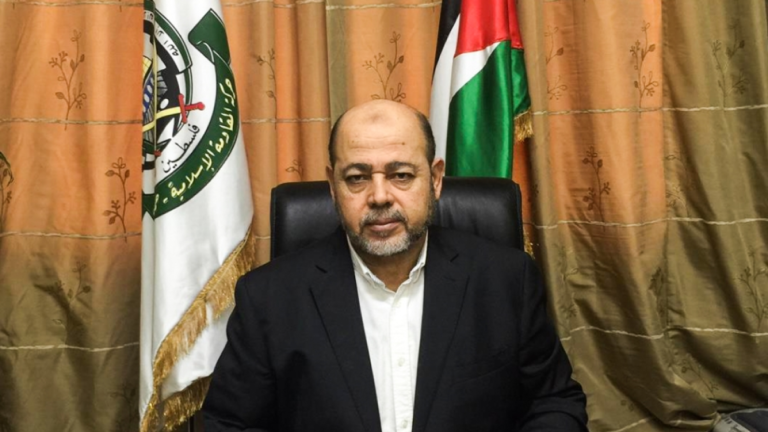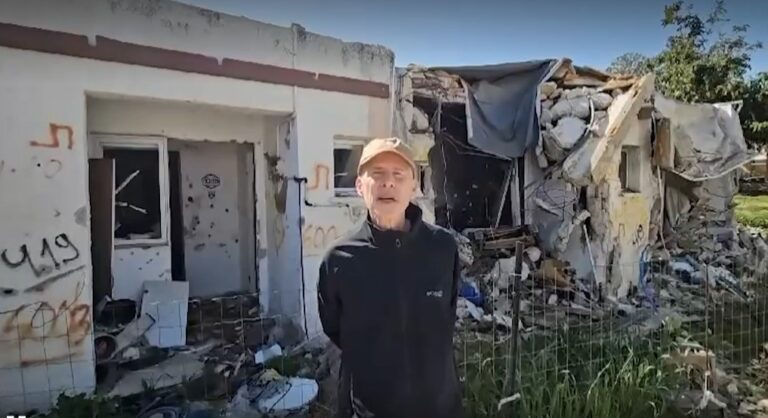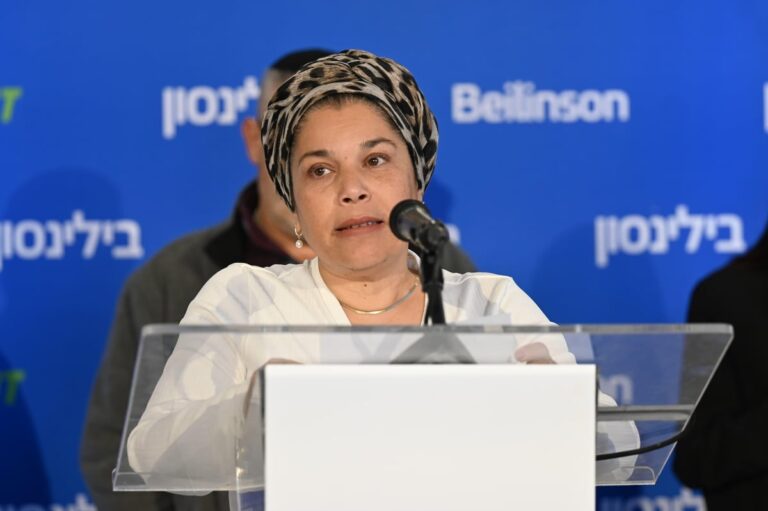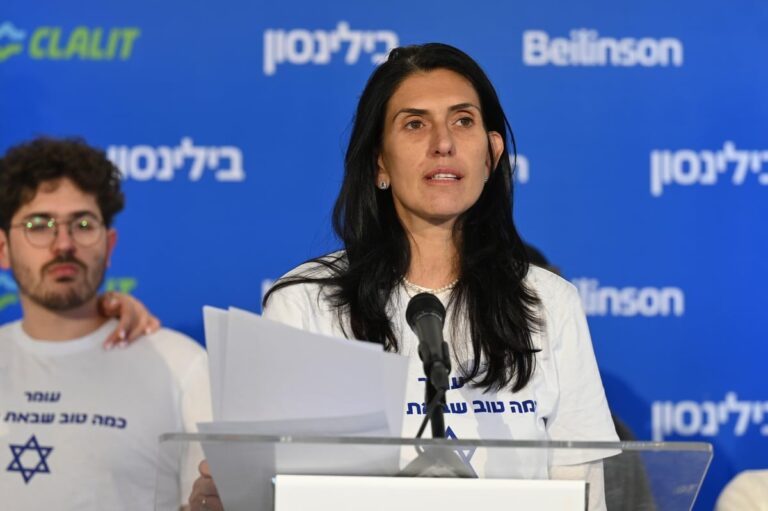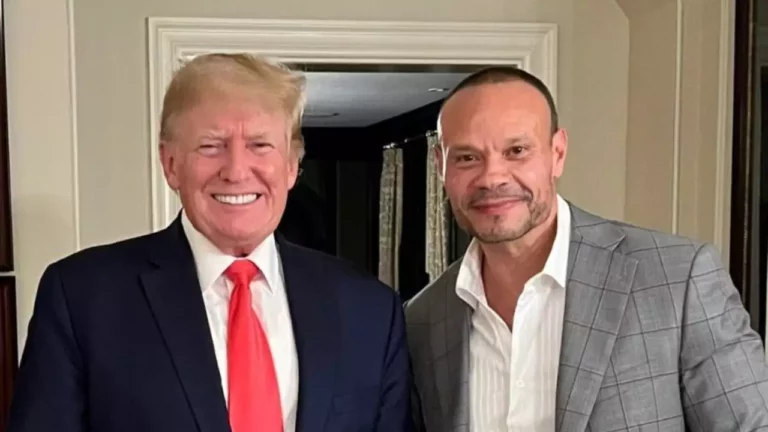 Colorado Senate candidate Andrew Romanoff said a White House aide offered him a job to drop out of a primary race against Sen. Michael Bennet (D-Colo.).
Colorado Senate candidate Andrew Romanoff said a White House aide offered him a job to drop out of a primary race against Sen. Michael Bennet (D-Colo.).
In a statement, Democrat Andrew Romanoff, who rankled President Barack Obama’s White House, said Obama’s deputy Chief of Staff Jim Messina tried to prevent Romanoff from challenging incumbent Sen. Michael Bennet (D-Colo.).
Romanoff said Messina called him after news of his run was reported and told him that the president would be supporting Bennet.
“Mr. Messina also suggested three positions that might be available to me were I not pursuing the Senate race,” Romanoff said. “He added that he could not guarantee my appointment to any of these positions. At no time was I promised a job, nor did I request Mr. Messina’s assistance in obtaining one.”
The three positions described in the email (text of email posted below) are two senior positions at the USAID and director of the U.S. Trade and Development Agency.
Romanoff said after he received the email from Messina, he called the deputy chief of staff and left a voicemail saying that he was not withdrawing from the race.
“I have not spoken with Mr. Messina, nor have I discussed this matter with anyone else in the White House, since then,” the statement read.
A spokesman for the White House told the Associated Press that Romanoff was recommended to the White House by Colorado Democrats for a position in the administration.
“There were some initial conversations with him but no job was ever offered,” said White House deputy press secretary Bill Burton.
Romanoff is the second Democratic Senate candidate the White House approached with an offer of a job in order to clear the field for its chosen candidate.
Rep. Joe Sestak (D-Pa.) caused problems for the Obama White House by revealing that he had also been approached, through former President Bill Clinton, with a vague offer of a job if Sestak would not run against Sen. Arlen Specter.
Sestak defeated Specter in the Pennsylvania primary, and White House lawyers said in a memo last week that no laws were broken.
Republicans have ripped the White House over its involvement in the elections, accusing it of employing “Chicago-style” politics to manipulate elections.
“Clearly, Joe Sestak and Andrew Romanoff aren’t isolated incidents and are indicative of a culture that embraces the politics-as-usual mentality that the American people are sick and tired of,” Rep. Darrell Issa (R-Calif.), ranking member of the House Oversight and Government Reform Committee, said in a statement.
Issa has called for a special prosecutor to look into whether any laws were broken in the Sestak or Romanoff instances.
As speculation swirled in light of the Sestak revelations, Romanoff said he “declined comment because I did not want – and do not want – to politicize this matter.”
“A great deal of misinformation has filled the void in the meantime,” Romanoff said. “That does not serve the public interest or any useful purpose.”
TEXT OF EMAIL:
Deputy Assistant Administrator for Latin America and Caribbean, USAID
As one of five geographic bureaus in the Agency and as a major contributor to the broader U.S. foreign policy objectives in the region, the Bureau for Latin America and Caribbean (LAC) promotes stable democracies, prosperous economies, secure borders, and cooperative neighbors in the Western Hemisphere. The LAC Bureau is taking a proactive approach to maximizing the impact of foreign assistance and continuing its efforts to transform and improve business operations that support Agency-wide reforms. In line with the new Foreign Assistance Framework, priorities include consolidating democracy, fostering growth through free trade
and business opportunities, investing in people through education and health, and enhancing security by promoting alternatives to illegal drug cultivation. Additionally, the Bureau is implementing a number of highly visible programs in the Western Hemisphere, including support for the Dominican Republic-Central American Free Trade Agreement (DR-CAFTA); the Andean Counter-Narcotics Initiative; the Global Fund to Fight Aids, Tuberculosis, and Malaria; and the recommendations for the Presidential commission for Assistance to a Free Cuba.
This position reports to the Assistant Administrator for Latin America and the Caribbean. The position functions as advisor to the Assistant Administrator, LAC. The position is responsible for oversight and general management of one or more LAC Bureau offices.
Director, Office of Democracy and Governance, USAID
The Director is the chief operations officer of the Office and a principal advisor to senior Bureau and USAID management in defining the scope and objectives of the Agency’s and the Administration’s initiatives to support democracy and foster good governance. Activities of the Director include oversight for all staffing and personnel functions in the Office, as well as oversight of technical officer recruitment, selection, and placement, and direct supervision of the senior democracy and governance advisors for the Agency. The Director provides program definition, design and oversight, and evaluation for USAID’s democracy and good governance programs and serves as a senior advisor in the administration for developing democracy and good governance program strategies. The Director supports democracy and good governance programs in
all parts of the Agency and leads in the development of strategic approaches to democracy support and good governance. The Director represents the Agency at the senior level with other U.S. Government departments and agencies, with senior officials of foreign governments, with senior political officials from host countries, and with senior officials of U.S. implementing organizations. This position reports to the Assistant Administrator for Democracy, Conflict and Human Rights (DCHA).
Director, U.S. Trade and Development Agency (USTDA)
USTDA was first created as part of USAID through the Foreign Assistance Act of 1961 and made independent in 1991. Their stated mission is to “advance economic development and U.S. commercial interests in developing and middle-income countries.” Unlike Ex-Im , OPIC and other international development agencies, USTDA does not directly finance exports and development. Instead, the agency seeks to achieve its mission by making small grants to fund feasibility studies, reverse trade missions, conferences, trainings, and other technical assistance programs that link U.S. companies to overseas development projects. With a budget of $55.2 million
(FY 2010) and a staff of 78 professionals (48 full-time, 25 contractors and 5 foreign-service nationals), USTDA’s success is dependent on being able to seek out new opportunities, leverage its private and government relationships, and find development opportunities for both private business and larger federal foreign assistance/development agencies. A testament of USTDA’s success is its ratio of grant dollars spent versus dollars in exports created, which is nearly 1:35. This position requires Senate confirmation.

